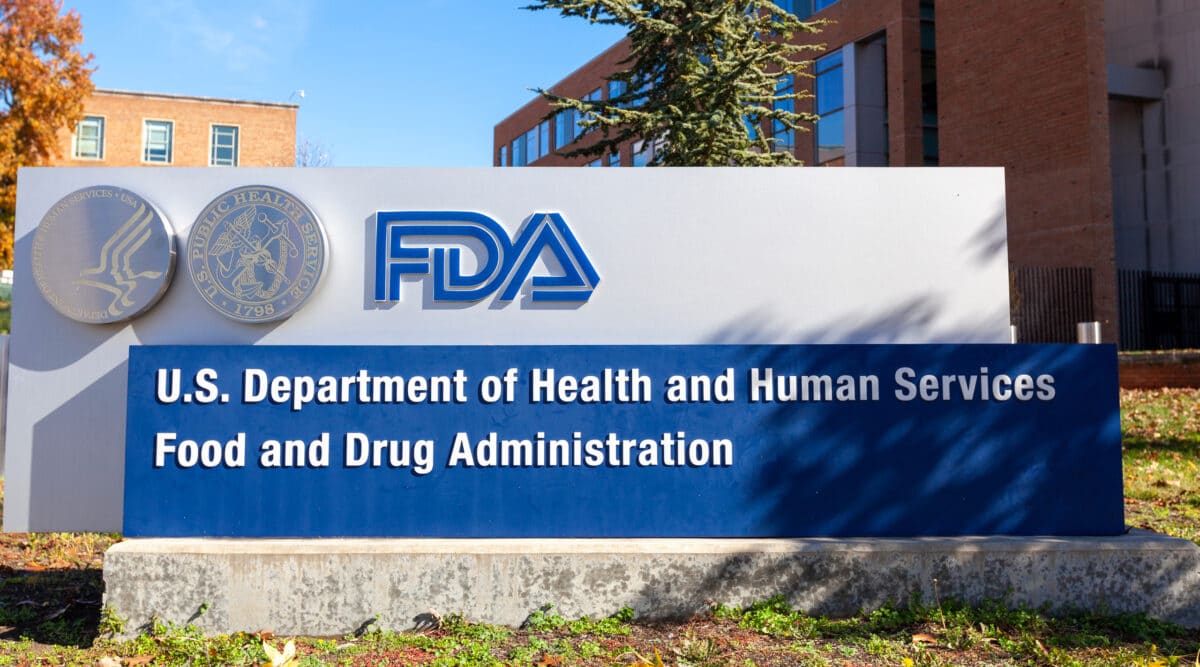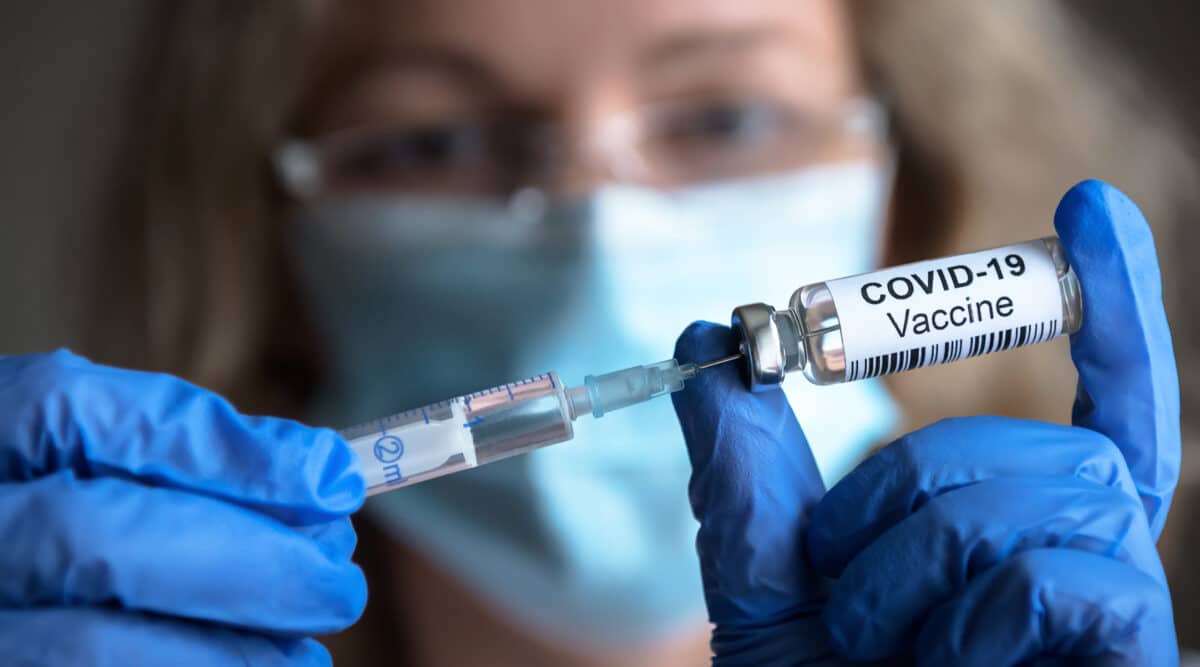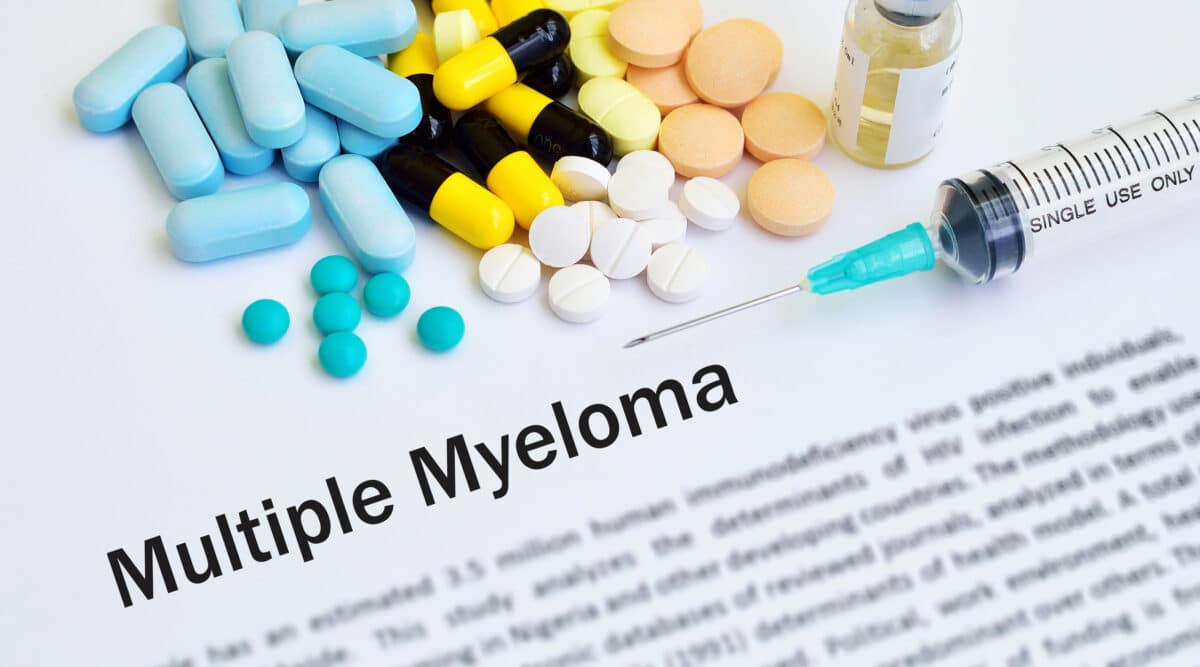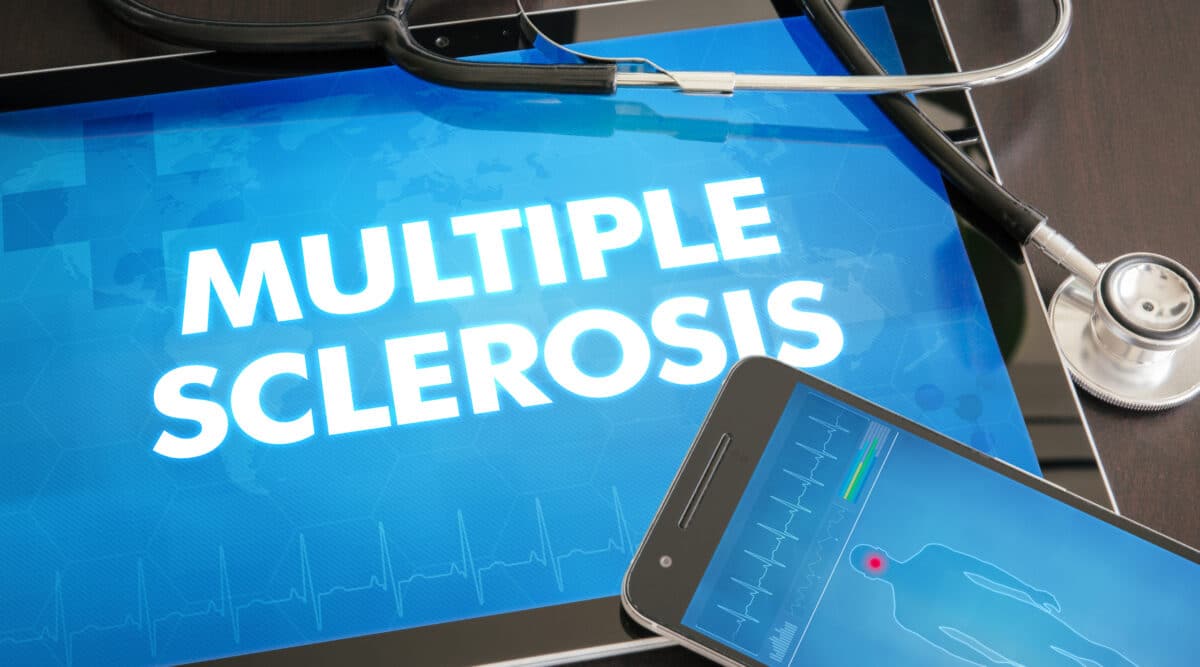White bagging is back in the news and is increasingly being used by hospitals and health systems as a weapon to demonize emerging models for specialty pharmacy channel management.
To correctly understand white bagging we first need to understand that channel management is not determined by the payer. Rather, manufacturers determine how their products will launch in the market.
But, as noted in the articles below, Hospitals accuse payers of using white bagging policies to enrich themselves through their PBMs and pharmacy business lines. The accusations go further to include purposefully delaying patient care for economic reasons.
Hospitals and health systems see the white bagging attack as the best way to beat back the trend of specialty pharmacy distribution which has cut deeply into buy and bill revenues and net margins for office administered therapies. Yet, these same hospitals are also anxious to participate in the same Limited Distribution programs they are condemning.
AHA, ASHP seek meeting with FDA to address insurer ‘white bagging’ policies
by Paige Minemyer
Fierce Healthcare
Mar 31, 2021 — The American Hospital Association and the American Society of Health-System Pharmacists are urging the FDA to meet with them to address insurer “white bagging.”
Hospitals and health system pharmacists are urging the Biden administration to review insurer “white bagging” policies.
The American Hospital Association (AHA) and the American Society of Health-System Pharmacists (ASHP) sent a joint letter to the Food and Drug Administration (FDA) Wednesday requesting an opportunity to meet with FDA officials to discuss the practice.
Payers use white bagging to dispense drugs to hospitals, requiring these medications come from select network specialty pharmacies. AHA and ASHP said in the letter that doing so circumvents hospital supply chain protocols aimed at patient safety.
The practice also “challenges” the supply chain security issues that are addressed in the 2013 Drug Supply Chain Security Act (DSCSA).
“White bagging has surged in frequency over the past decade, creating what amounts to a shadow inventory that hospitals and health systems do not legally own and which exists largely outside of the DSCSA’s track and trace requirements,” according to the letter.
“Given the growing ubiquity of payer-mandated white bagging, we are concerned that this practice threatens DSCSA’s underlying goals,” the groups said.
White bagging also increases the risk of drug diversion and waste, according to the letter.
Article 2————–
Amendment seeks to address “white bagging” issues in Indiana
Apr 9, 2021 — INDIANAPOLIS – The battle for access to affordable drugs is ongoing at the Indiana Statehouse. Next week creates a deadline that health providers have their eye on.
An amendment could address a process called white bagging and some say it’s delaying patient care.
“It just breaks your heart,” said Chuck Goff, the Oncology Pharmacy Supervisor at Hancock Cancer Center.
He’s referring to white bagging, it’s when insurance companies require providers to use their specialty pharmacy for certain treatments a clinician needs to facilitate instead of allowing them to use their own or someone else’s supply.
“The system is very disjointed,” Goff explained.
On April 1, Anthem Blue Cross Blue Shield, Indiana’s largest health insurance provider started requiring facilities not part of their designated network to purchase certain specialty drugs from its CVS Specialty pharmacy.
Goff said so far— he has experienced issues with Anthem’s process. He said he has personally dealt with three different cancer patients where he was told the pharmacy would deliver the medication on specific dates, but they didn’t come and, in some cases, still haven’t. He said he has spent hours calling and trying to over-communicate with them.
“I’m treated as if they never heard of the patient, nothing was in process, and they say more paperwork to be done without ever communicating that to me,” said Goff. “We are not talking about Aspirin; we are talking about something that’s very critical.”
In one case, Goff said he ended up using his own supply to treat the patient so he isn’t sure if he will be reimbursed or if the hospital will have to eat the cost of that treatment.
“Why this process is so cumbersome and so difficult and why it has yet at least in our experience here at Hancock to be successful is beyond me,” said Goff.
Anthem didn’t respond to these specific claims. Senior Director of Communications Tony Felts said he would need to look into them. However, he did send a statement about this practice overall.
“The safety of our consumers is paramount as we work to provide access to quality, affordable health care. There is no question the unnecessary mark-up of specialty drugs is one of the largest drivers in the increase in health care costs, and it is the consumers who have borne the brunt of these mark-ups. Anthem Designated Specialty Rx Network addresses how a facility acquires these medications by requiring those facilities which are not part of our Designated Network to purchase certain specialty drugs from CVS Specialty Pharmacy, a national leader in the pharmacy industry. However, if facilities agree to specific terms with Anthem to participate in the Designated Network (as many hospitals have done), the facility will not be required to acquire the specialty medication through this program, and may continue acquiring the specialty medications directly from their own suppliers. This initiative is focused on the consumer to make health care more affordable and eliminate the markups that do nothing to enhance care or promote safety,” said Felts.
The Indiana Pharmacists Association said it doesn’t believe white bagging lowers the cost of care.
“We would push back against that,” said Executive Vice President Darren Covington. “Because the money that’s being quote unquote saved is really for the PBM and insurance companies. We don’t see that being passed onto the consumer.”
The association is partnering with many other health organizations to support an amendment that would give the process oversight.
“it would provide the Board of Pharmacy the ability to make rules that would be imposed upon specialty pharmacies and infusion pharmacies on how they handle white bagged products and when those kinds of products can be white bagged,” said Covington.
Anthem said providers have the option to agree to specific terms with anthem to participate in their designated network in order to use their own suppliers.
Covington said this amendment guarantees clinicians and providers have a choice.
“We hear it from our members, and I know other associations are hearing it from their members as well, these aren’t just hypothetical situations but patients’ lives are actually being impacted by this practice,” said Covington.
Lawmakers will decide whether to hear the amendment on Monday.











